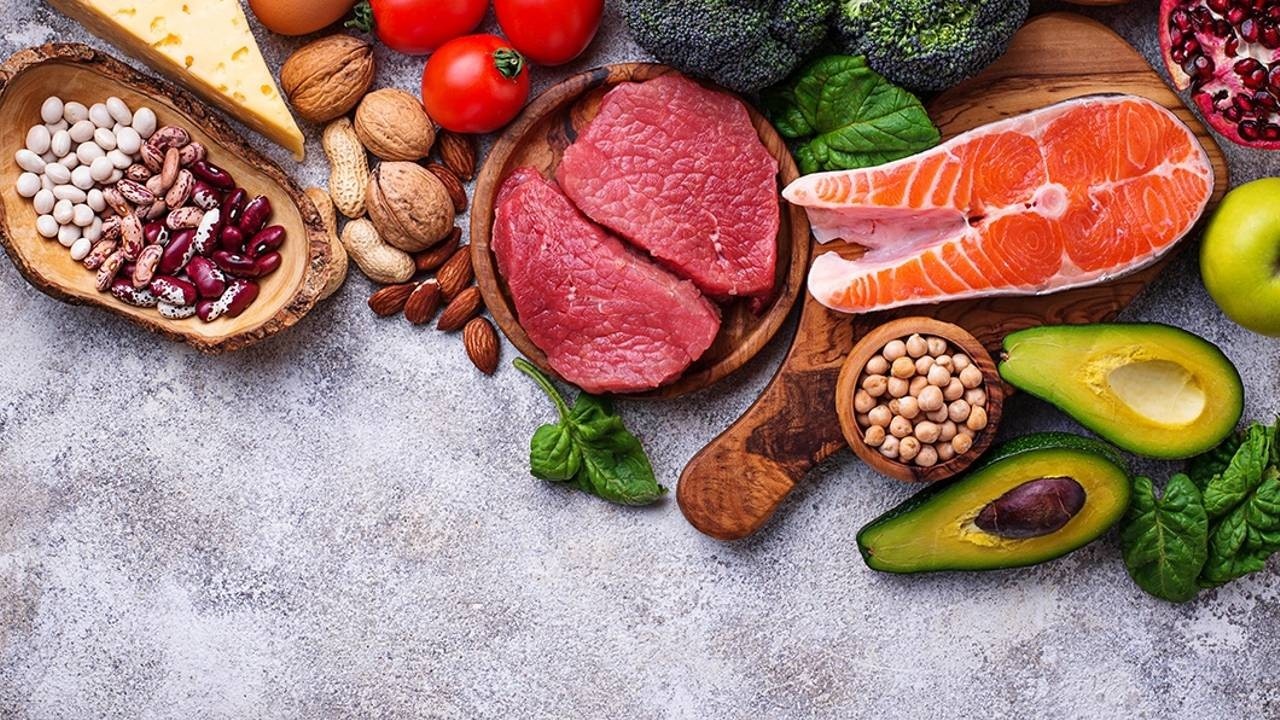3 Elements Every Nutrition Plan Needs

Though obviously having no relation to fitness, Ray Bradbury once stated, "Cram them full of noncombustible data, chock them so damned full of 'facts' they feel stuffed, but absolutely 'brilliant' with information... they'll get a sense of motion without moving."
Sure, the subject matter is different, but the concept is the same when it comes to how most people feel after surfing for nutrition info on the web. They are quick to buy into a new philosophy or hot trend because with their brain now maxed they feel pumped they have the ball rolling. Then the cooldown comes after all the excitement and they realize they're unsure how to apply it to their lives. There's the all-to-common stumbling block.
Nutrition, diet and fitness plans are seemingly infinite, but only the TRUE health components go the distance – those must-haves that create physical longevity and establish a healthy lifestyle. So how can one sift through the clutter to overcome the seduction of what's hot and what's not to focus more on what's needed and what's not?
Don't worry, we've got your back! To keep this digestible, here's three essential elements your nutrition plan must ALWAYS deliver or include to keep your body strong, energetic, and in optimal health for a sustainable lifestyle. Anything extra will be a bonus.
- Strong Immune System Support
Your body’s natural defense system, the immune system, doesn't reside in one single part of the body but rather it is comprised of a network of cells, molecules, tissues, and organs working together to protect the body. Each of these elements plays a key role in how the immune system works and its function as a whole, which is crucial to preventing infectious flus or diseases.
The two branches of the immune system, the innate and the adaptive, work simultaneously to provide a general defense against common pathogens (any bacteria, virus, or other disease-causing microorganism), and launch precise responses against viruses or bacteria with which the body has already come into contact.
Superfoods you need. To maintain an optimal protective shield for the body, cells, molecules, and tissues and organs of the immune system are greatly supported by the foods we consume. Here's a few great ones you can easily add into your day:
- Citrus fruits: Vitamin C provided by citrus fruits such as oranges, lemons, grapefruit, tangerines, etc., contains antioxidants that can help prevent a cold before it happens.
- Garlic: Using garlic on a regular basis creates a stronger immune system, limits you to fewer colds per year, and less severe symptoms that do not last as long as those who do not cook with garlic.
- Ginger: It regulates the immune system and widely used to fight both cold and flu infections.
- Teas: Each tea is unique and has its own health benefits. Most teas fight off bacterial, fungal, and viral infections that cause diseases and illnesses like influenza.
- Protein
A startling 16 percent of the average person’s body weight is from protein. Used primarily for growth, health, and body maintenance, all of your hormones, antibodies, and other important substances are all composed of protein. You need a variety of essential amino acids for your body to function properly, with many only available from food, and some the body can actually create on its own. There's no need to eat all of the amino acids at once as your body can create complete proteins from the foods you eat throughout the day.
Good sources: Meat, fish, and eggs are good sources, while plant-based protein from beans, soy, nuts, and some grains are excellent also. Exactly how much protein you need daily depends on a variety of factors: how active you are, your age, fitness goals, etc.
- Fats
Often getting a bad rap, research has shown very conclusively that fats are integral to a healthy diet in a variety of ways. Problem is most people lump all fats into the same category and try to avoid them altogether. I won't break down all categories and types here as this article is just a quick guide.
Health features: balance blood sugar, decrease risk of type 2 diabetes, powerful anti-inflammatory, aid brain function, vitamin and mineral absorption, blood clotting, building cells, and muscle movement. The higher calories in fat are put to good use as an important energy source for the body and should generally comprise about 30% of your daily calories.
Good sources: Avocados, olive oil, nuts, chia seeds, fatty fish like salmon, eggs, cheese, etc.
No matter what foods you eat, what dietary lifestyle you follow, your age or even your fitness goals, these key components can strengthen the foundation of any lifestyle program – one that can ensure optimal energy and body function, balance hormones, and most importantly, protect against viruses and disease.
Until next time, stay healthy, fit, and strong!
Stay connected with news and updates!
Join our mailing list to receive the latest news and updates from our team.
Don't worry, your information will not be shared.
